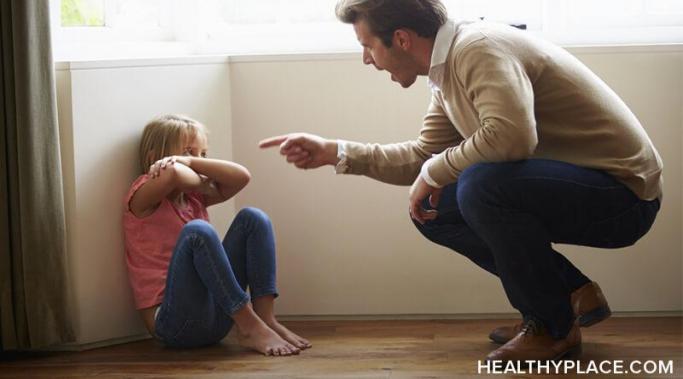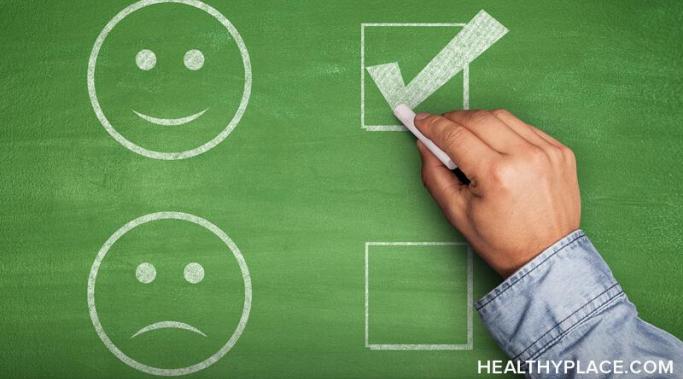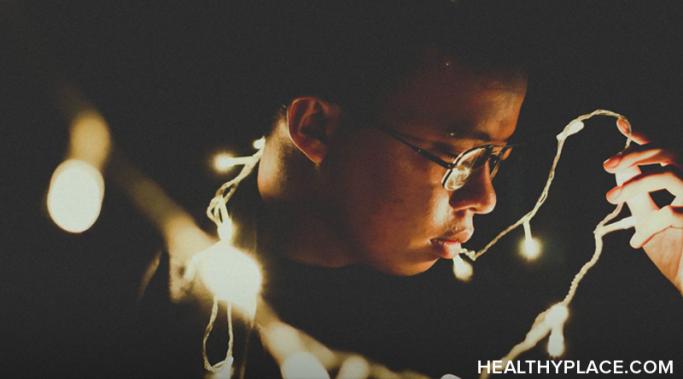Blogs
Mala beads may not help everyone, and, for me, dealing with my mental illness means medications come first. However, being open to learning additional methods to improve your life and functioning is also important. When you discover new and healthy ways to cope, go with it. Everyone is different, so use what works for you. I recently saw a post on Facebook about mala beads. I was intrigued and bought a necklace. I was excited when they arrived, and even though meditation had been difficult for me in the past, I was definitely willing to give it a try with my new mala beads.
When it comes to the stigma associated with suicide, you may think of the shaming. But on the other end of the spectrum, there's romanticizing suicide. Although it may seem harmless, romanticizing suicide can be just as damaging as shaming it, and we need it to stop.
Are you new to meditation? If so, perhaps you’re looking for meditation tips because you can’t find a good jumping-off point. As meditation’s slowly lost the stigma as an "out-there" practice for hippies and religious devotees, meditation's benefits have been studied and touted as important for mental health self-care. Perhaps you’ve become aware of these benefits of meditation, but feel frustrated after trying it a few times. These three meditation tips will help get you off to a great start.
The more I've been a part of the lesbian, gay, bisexual, and transgender (LGBT) community, the more I've realized how complex attraction really is. One of my close friends is asexual, which means that while they're happily married, they don't experience sexual attraction. As an advocate for asexuality, my friend has met opposition in and outside of the gay community because so many people don't understand how this identity exists or falls under the LGBT spectrum.
I thought about cultivating self-kindness after I wrote an article about reducing negative self-talk. I realized that although those strategies were effective for limiting negative self-talk, they didn't address a more fundamental issue. For many people, it is a lot harder to show kindness to ourselves than to other people. I think part of this occurs because we have access to every thought and emotion in our lives, and since we know that our experiences are not always wholly positive, we feel that this makes us less deserving of love and compassion. This mode of thought is reinforced frequently in society and seems to be built off the general idea that we begin our lives blameless but can lose our innocence over time. Although it is easier to classify ourselves and others using binary categories like "good" and "bad," these classifications are ultimately not accurate representations of ourselves or others.
Since I'm openly transgender, I sometimes get comments that my identity is a mental illness because "gender dysphoria" is in the DSM-5, the official diagnostic tool for psychiatric disorders. To me, this reflects a misunderstanding about what gender dysphoria is and how it's treated. While most trans people experience dysphoria, especially before transitioning, not all trans people do for their whole life. For that reason, it's possible for someone to be transgender but not have gender dysphoria.
Recently I was asked how I cope with caring for a partner with mental illness. Do I cope day by day, hour by hour, minute by minute, or does it vary? What a complicated question.
Parenting is tough in general, but when you are raising children while living with complex PTSD, sometimes parenting seems impossible. Often trauma survivors hold themselves to a higher standard when it comes to parenting in an attempt to avoid repeating the abusive patterns of prior generations, or the opposite may happen. When you are stressed as a parent, you may overreact and be unfairly harsh with your children. As trauma survivors, it's important to stay mindful in order to avoid passing your traumas on to your kids.
Reducing anxiety can be a frustrating process. If you make progress and have setbacks, know that it's not a problem with you. It's normal and a part of overcoming anxiety. This doesn't mean, however, that you have to resign yourself to slow progress and stumbling blocks. What if you could do the things you already do with some success and make them work even better and more efficiently? When it comes to reducing anxiety, it's not just what you do but how you do it that can make a positive difference.
Those of us diagnosed with depression will experience the darkness that comes with it, yet there are things we can do to shine a light into even the darkest of days. When it feels as if all our joy has been stripped away, we discover that we might have to work harder to create happiness and light in our lives. Let's talk about some simple ways to do that.









